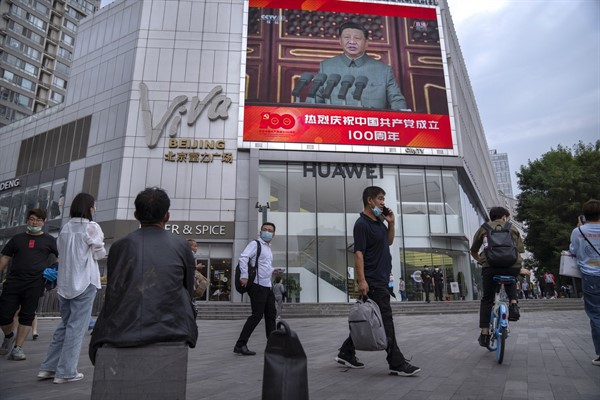To many people who follow events in China closely, two announcements made in the past month by the Chinese government seemed like reasonably foreseeable developments, if not entirely predictable in their timing or details.
In the first, Beijing said that it was committed to combating the grueling common workplace culture known as 996, which stands for 9 a.m. to 9 p.m., six days a week. Placing such heavy demands of self-sacrifice for the benefit of corporations was unhealthy for society, the state concluded, in a belated judgment that follows more than a generation of high-speed growth characterized by utter domination of workers by the managerial class. In fact, the problem is so big that, now that it has been officially recognized, Chinese media have been able to frame the need for more unstructured, personal time as all but a matter of human rights. And although it might sound ironic for the world’s largest socialist society, one of the remedies, or reforms, that has been mooted has hinted at breaking another taboo: allowing trade unions to actually organize directly on behalf of their members.
The other big announcement, or rather cluster of announcements, has involved reining in China’s massive entertainment and leisure industry, as well as the culture that surrounds it. Here, in rapid succession, we have seen the state inveigh against what it perceives as effeminate male characters, or what it has called “sissies,” on TV; attempt to sharply regulate the use of electronic games by minors; and effectively blacklist major stars for apparently not projecting the “right” image to their followers.

